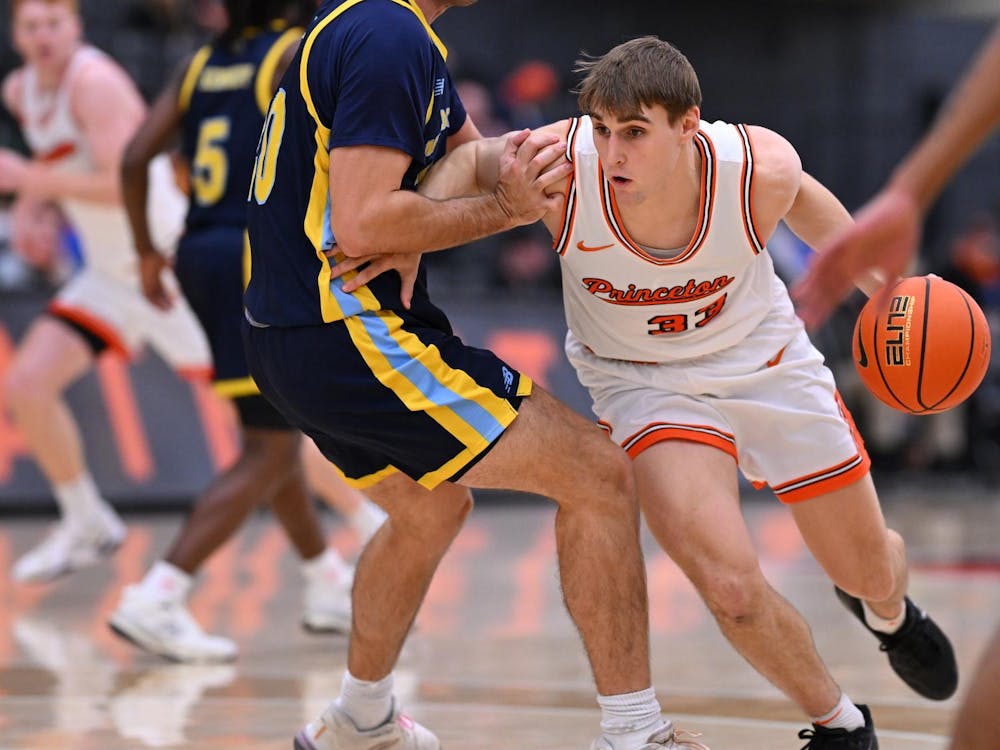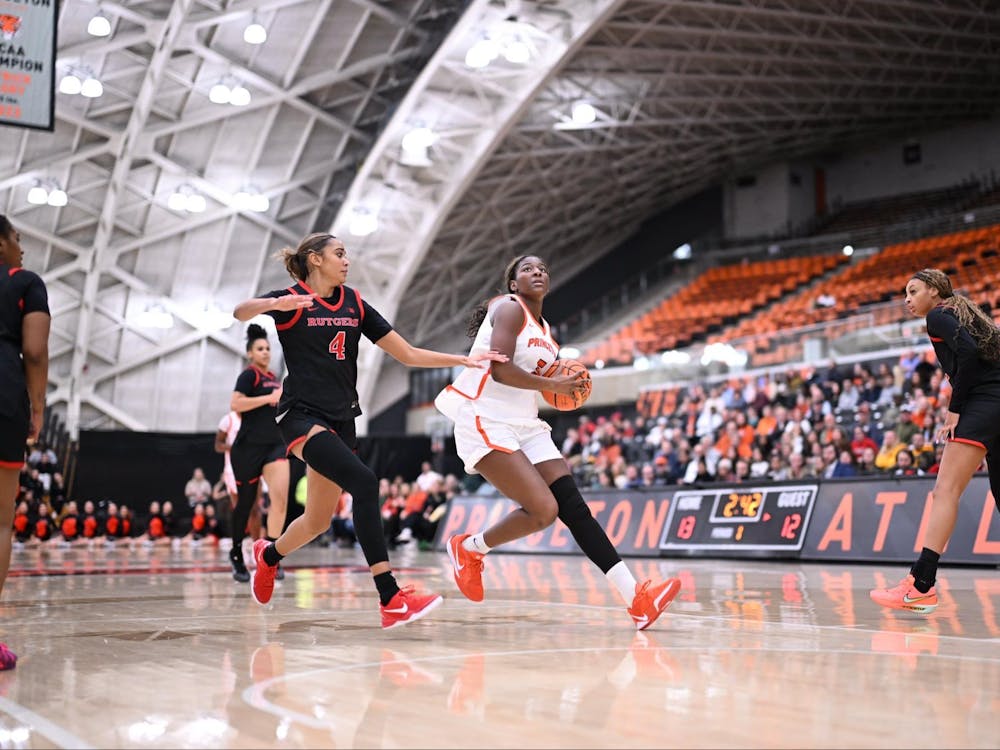It seems that, from early on, Mike Hazen ’98 heard the calling of greener pastures — the pastures of the baseball field. As it turns out, his greatest influence on the game will not be from on the field, but from on the phone.
Hazen, a Massachusetts native, was named the new general manager of Major League Baseball’s Boston Red Sox on Sept. 24, after first joining the organization in 2006 as director of player development. He is being promoted from the position of assistant general manager, which he has held since 2012.
Of course, coming from Massachusetts, Hazen noted that his position as GM carried extra meaning since it is with the team he’s rooted for since childhood.
“I’ve watched the Red Sox for my entire life. It’s something when you grow up in that area, when you pick up a baseball, all you think about is the Boston Red Sox,” Hazen said. “There’s a long history there, it’s a prestigious franchise with a long history of success, and I’m grateful to be a part of it.”
Hazen, a standout center fielder for Princeton, knew baseball was in his future. Getting drafted by the San Diego Padres in the 1998 MLB draft confirmed his decision to move away from some of the more “typical” careers Princeton alumni pursue.
While Hazen’s professional career was short-lived — he spent two years in the minor leagues before retiring due to a shoulder injury — he credits this taste of professional baseball as being instrumental to pushing him toward pursuing an MLB-centric career.
“That first summer, I went pro ball with them, stayed with them for a couple of years, and when I got released, it turned me down a different path,” Hazen said. “I had started a career, it was just a much more unorthodox career. At that point I realized how much I loved baseball and how much I wanted to stay in the game, and I was able to make some connections and ultimately get my first job as an internship with the Indians.”
Of course, after a life so invested in playing the game itself, it was a readjustment for Hazen to think about approaching the game from such a different perspective.

“I didn’t really know. I got released after spring training of 2000. When I came home, I was thinking about what I wanted to do for my next step,” Hazen said.
However, as seems to be a central theme in Hazen’s life, the sheer desire to be around the game won out. It’s all the more a testament to Hazen’s love of the game that he decided to go for a front office career in itself. Even as recently as 2000, major front offices weren’t nearly the robust or well-developed departments they are today.
“I always knew I loved baseball. I didn’t know where that path was going to lead me necessarily right away. At that point, the role definitions within front offices weren’t the same as it is now,” Hazen said. “There weren’t as many tasks. It wasn’t harder to get in, I’d say, than it is now, but there were less opportunities. It was more something that was a little under the radar back then."
Hazen, of course, had to put in many years before being ready to take the helm of a name-brand organization like the Red Sox. He got his first start with the Cleveland Indians, coming on as an intern in their talent scouting department in 2001 and becoming a full-time employee soon after.

“I was fortunate to get involved with a good organization like the Indians and start it from there,” Hazen said.
The fact that front offices were smaller at the time benefited Hazen’s development tremendously. He recalls how, as an intern, massive amounts of tasks were thrust upon him, allowing him to see the ins and outs of how a front office ticks.
“There was a lot to learn … the office I started in was a lot smaller than our offices today,” Hazen explained. “With fewer people, you had a lot more responsibilities even as an intern … a lot of the support work you had handed to you.”
Despite Hazen’s insistence that the fundamentals of running a front office haven’t changed since his time working with the Indians, he understands that “the job volume is greater in a lot of ways.” In particular, advancements in data and medicine have changed front offices entirely. MLB front offices in particular have the reputation as some of the most data-driven organizations in major league sports. Hazen pointed out that, while certain tenets of the GM position remain the same, the ability to process all these new data streams to create informed decisions is more critical now than ever.
“The data streams that are available to you now are much greater,” Hazen said. “So from that standpoint, technology has improved to the point that’s opened up a lot of avenues in decision-making. There are a lot more angles, more nuances to how you look at the game.”
However, no matter where Hazen goes, one institution remains a fixture in his life — Princeton. Hazen was hired into his first front office job (with the Indians) by fellow Princeton alumnus Mark Shapiro ’89, former general manager and president of the Indians and current president of the Toronto Blue Jays.
In addition, Hazen pointed out that the team-building and relationship-building skills he developed at Princeton have been critical as he (quite literally) tries to build as good a team as possible day-in and day-out.
“The exposure to such a diverse group of people from various backgrounds is something, especially on my team, from the teammates that I had, definitely helped me see the value in that kind of stuff moving forward,” Hazen said. “In this industry, it’s so crucial to develop those relationships with your staff. It’s a critical piece to the job.”
One figure from Princeton stands out above all others — baseball coach Scott Bradley. Bradley started his tenure at Princeton when Hazen was in his senior year. The two hit it off there, and they have remained close since. Indeed, Hazen credits so much of his success to Bradley’s mentorship making connections for him.
“He’s always been an influence for me. He’s always been a big supporter, and I appreciate that,” Hazen said. “When he came in, we hit it off pretty well from a relationship standpoint, and those first few years, he helped push me both playing wise, to get an opportunity with the Padres, as well as the opportunity with the Indians.I’m indebted to him, helping me with that and mentoring me through that. He’s done a great job there — he’s a great coach and a great person.”







